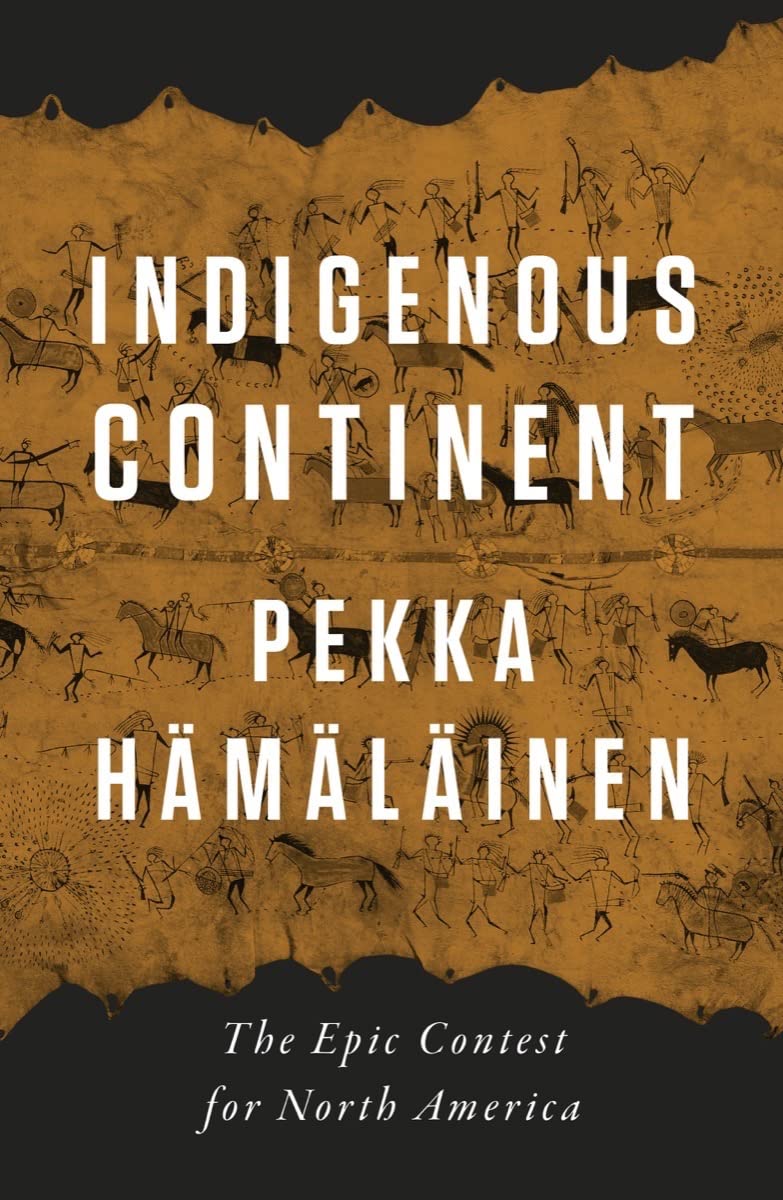
Indigenous Continent – The Epic Contest For North America
Much more accurate is the picture Hämäläinen paints in his new book, Indigenous Continent: a North American history that encompasses 400 years of wars that Natives often, even mostly, won—or did not lose decisively in the exceptional way that the Powhatans and Pequots had by the 1640s. Out of these centuries of broader conflict with newcomers and one another, Native peoples established decentralized hives of power, and even new empires.
Looks like a decent read with the reported bias considered. I love these books that give a more nuanced view of the past. His other books look good, too. The Comanche Empire might dovetail well with Empire of the Summer Moon: Quanah Parker and the Rise and Fall of the Comanches, the Most Powerful Indian Tribe in American History.
What happened before 1492 would be really eye opening if there was better data.
the researchers flew over parts of Guatemala as part of a mapping effort, when they came across what they describe as a vast ancient Maya civilization. In studying their maps, they were able to see that the ancient civilization was made up of more than 1,000 settlements covering approximately 650 square miles, most of which were linked by multiple causeways. The researchers were also able to see that the people who once lived in the settlements had been densely packed—a finding that goes against theories suggesting early Mesoamerican settlements tended to be sparsely populated.
Huge 2,000-year-old Mayan civilization discovered in northern Guatemala
Lidar continues to be the gift that gives.